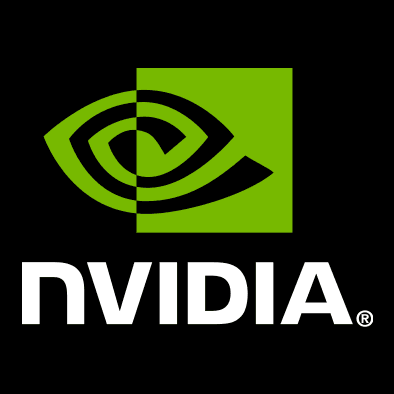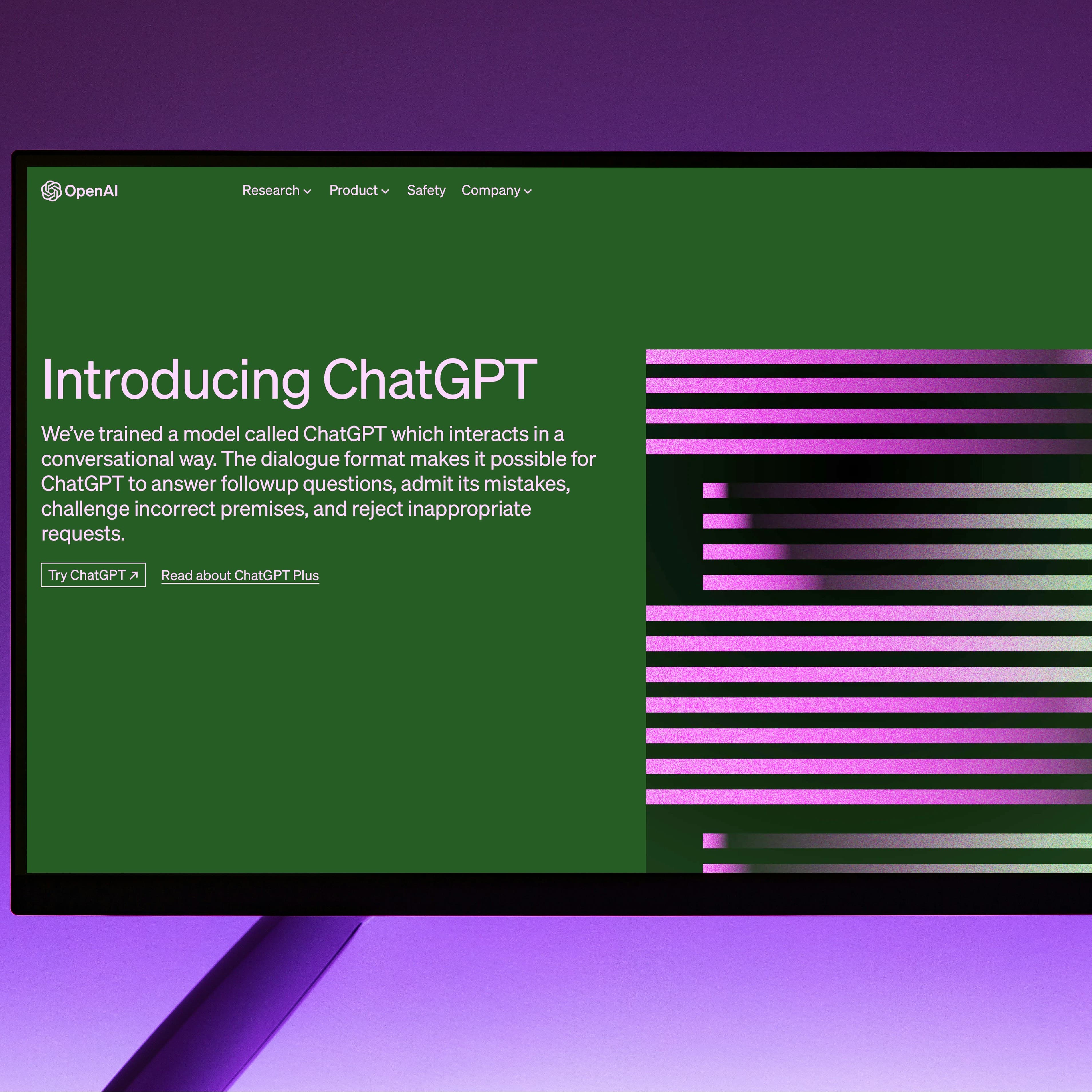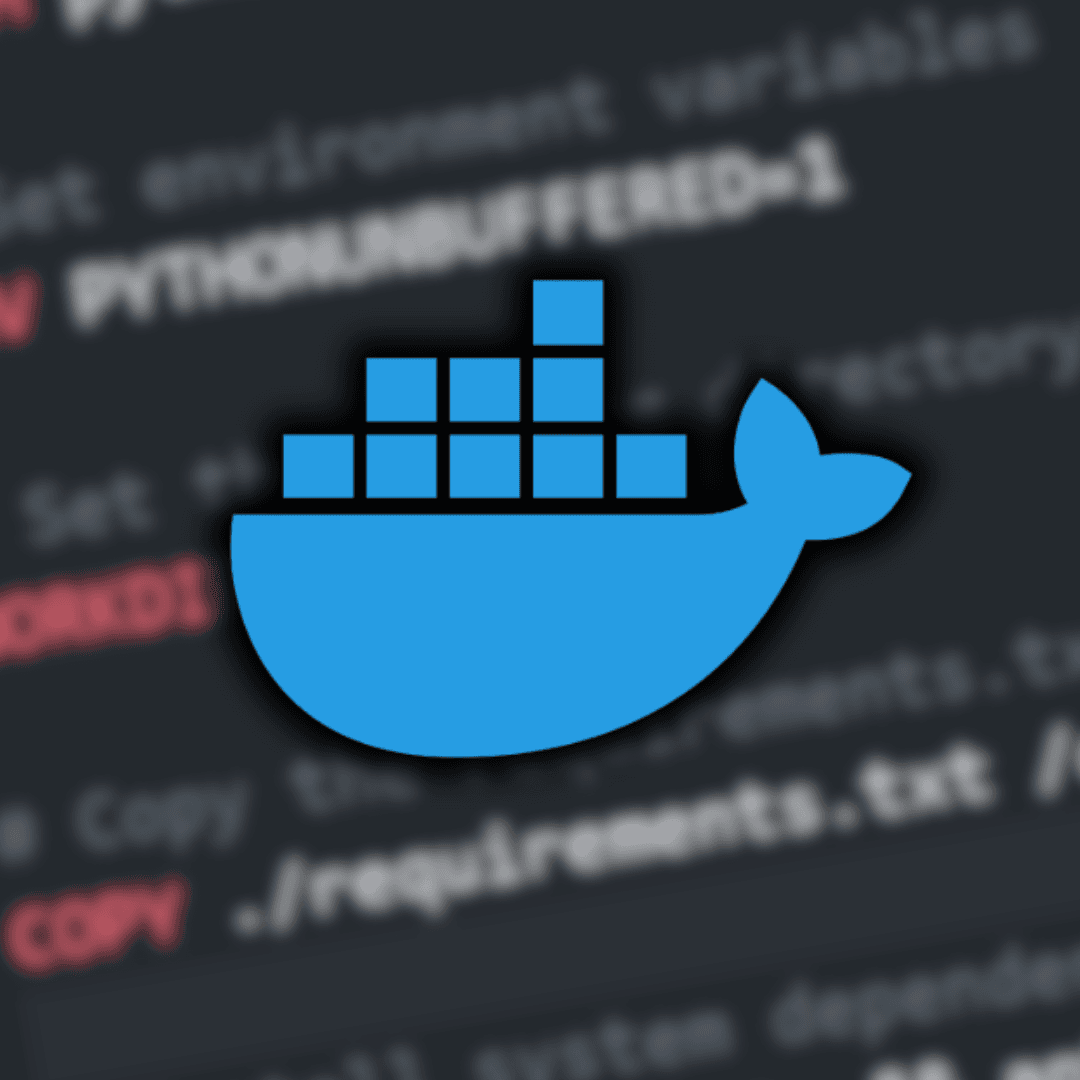Google Joins Forces with MediaTek for Next-Gen AI Chip Development
Google is set to collaborate with Taiwan’s MediaTek to develop its next-generation AI chip, marking a shift in its hardware strategy aimed at boosting performance and reducing production costs. The partnership is expected to tap into MediaTek’s expertise and strong ties with chip manufacturer TSMC, as Google expands its AI infrastructure.

In a strategic move to bolster its artificial intelligence (AI) capabilities, Google is preparing to partner with Taiwanese semiconductor company MediaTek to design its next AI chip. This collaboration signals a notable pivot in Google’s approach to chip development, as it seeks greater flexibility and efficiency in producing its custom Tensor Processing Units (TPUs).
Expanding Beyond Broadcom
Google has long relied on Broadcom for designing its TPUs—specialized processors optimized for AI and machine learning tasks. However, this new partnership with MediaTek is part of a broader strategy to diversify Google’s chip development pipeline and manage costs more effectively. By working with MediaTek, Google is also looking to take advantage of the company’s close relationship with Taiwan Semiconductor Manufacturing Company (TSMC), the world’s largest contract chipmaker.
Cost Efficiency and Performance Goals
Reports suggest that Google’s investment in TPU development last year ranged between $6 billion and $9 billion. The collaboration with MediaTek could potentially help reduce these costs, thanks to MediaTek’s efficient design and production processes. In addition to lowering expenses, the new AI chip is expected to deliver improved performance, supporting Google’s internal AI research and its cloud services for external customers.
Also Read: Google Introduces Auracast to Android: Enhanced Audio Sharing Coming to Samsung and Pixel Devices
Dual Partnerships for Strategic Flexibility
While Google is exploring new ground with MediaTek, it has not ended its relationship with Broadcom. The company continues to engage Broadcom in discussions regarding future chip designs. This dual-partnership approach allows Google to maintain strategic flexibility, ensuring that it can meet the growing demand for powerful, efficient AI hardware.
AI Infrastructure Expansion
The upcoming AI chip, expected to enter production in 2025, is part of Google’s wider push to scale its AI infrastructure. As AI applications continue to grow across industries, Google aims to offer more advanced, cost-effective computing power both for its own operations and its cloud computing clients. This effort also reflects Google’s intention to reduce reliance on GPUs from companies like Nvidia, by developing alternative high-performance AI solutions in-house.
Looking Ahead
The partnership between Google and MediaTek marks a significant development in the competitive landscape of AI hardware. As tech giants race to enhance their AI capabilities, such collaborations are expected to play a critical role in shaping the future of AI processing, efficiency, and accessibility.
You may also like

Modi-Musk Talks Spark Excitement Over India-U.S. Tech Collaboration
Summary
Read Full
open_in_newPrime Minister Narendra Modi and Elon Musk recently held discussions focused on future collaboration in technology and innovation. Their conversation explored opportunities across electric vehicles, satellite internet, and space technology. Musk also confirmed plans to visit India later this year, signaling growing alignment between India and global tech giants.

Nvidia's Strategic Challenge: AI Chip Leader Faces Setback Amid U.S.-China Trade Pressures
Summary
Read Full
open_in_newNvidia, a global leader in AI chip technology, is grappling with new U.S. export restrictions that affect its custom-designed H20 chip for China. With the revised rules halting shipments without a special license, Nvidia could see a $5.5 billion hit to revenue. This development highlights the growing geopolitical tensions surrounding advanced technology and their impact on semiconductor firms.

OpenAI Introduces Codex CLI: Revolutionary Local AI Coding Assistant for Developers
Summary
Read Full
open_in_newOpenAI has unveiled Codex CLI, a powerful AI-powered coding tool that operates directly in the terminal. Designed for developers, this local agent can write, edit, and execute commands without needing to send sensitive code to the cloud—combining privacy with productivity.

Summary
Read Full
open_in_newOpenAI has successfully raised $40 billion in a landmark funding round, pushing its valuation to an impressive $300 billion. With investments from SoftBank, Microsoft, and other major players, this funding aims to accelerate AI research, expand computing infrastructure, and enhance user tools for ChatGPT’s growing audience. The investment solidifies OpenAI’s dominance in the artificial intelligence industry and fuels its ambitions to develop next-generation AI systems.

ChatGPT's New Image Generation Capabilities: A Game-Changer in AI Creativity
Summary
Read Full
open_in_newArtificial intelligence is revolutionizing creative industries, and OpenAI's ChatGPT has taken a significant leap forward with its new image generation capabilities. This powerful feature allows users to generate high-quality images from text prompts, making it an essential tool for designers, marketers, content creators, and businesses. In this article, we’ll explore how ChatGPT's image generation works and share the best tips for generating stunning images.

H3C Warns of Nvidia AI Chip Shortage as Demand Surges in China
Summary
Read Full
open_in_newChinese server manufacturer H3C has cautioned customers about an impending shortage of Nvidia's H20 AI chips due to soaring demand and supply chain disruptions. As major Chinese tech giants like Tencent, Alibaba, and ByteDance continue expanding their AI capabilities, the increasing demand for these chips has intensified concerns about limited availability. This potential shortage highlights broader supply chain challenges amid ongoing geopolitical tensions affecting semiconductor exports.

BlackRock Introduces First Bitcoin Exchange-Traded Product in Europe
Summary
Read Full
open_in_newBlackRock, the world's largest asset manager, has launched its inaugural Bitcoin exchange-traded product (ETP) in Europe. The iShares Bitcoin ETP is listed on exchanges in Paris, Amsterdam, and Frankfurt, providing European investors with a regulated avenue for cryptocurrency exposure. This move follows the success of BlackRock's similar offerings in the United States.
Post a comment
Comments
Most Popular



























































































































